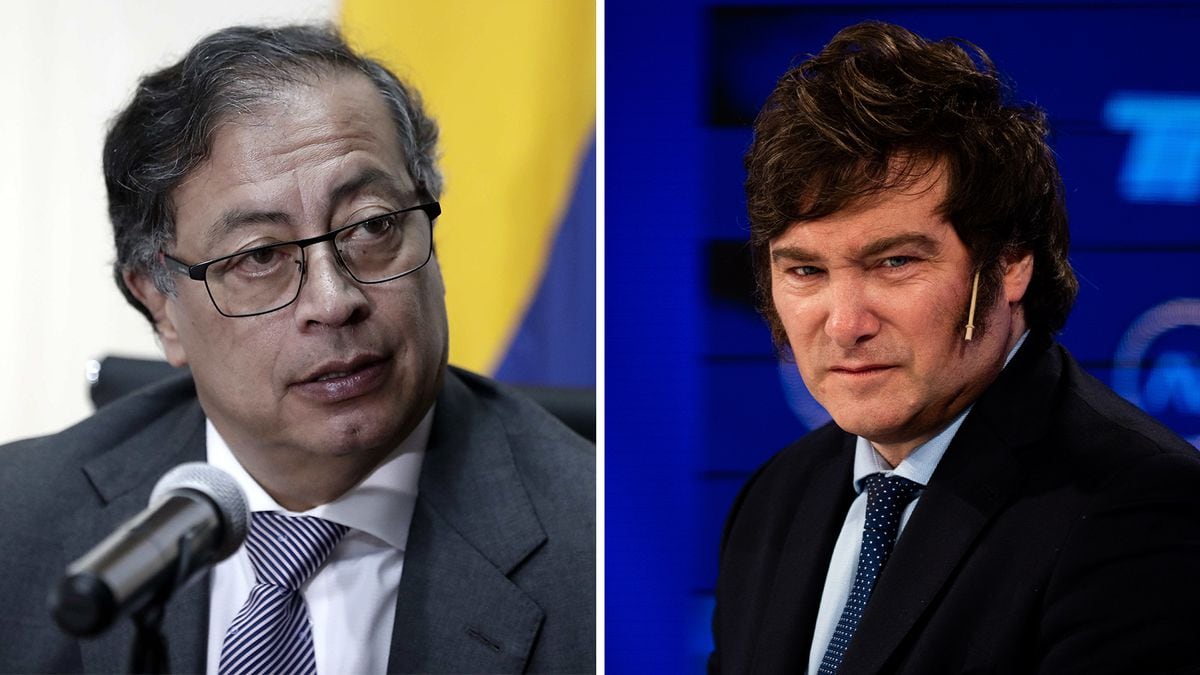At the petrol stations, cars line up in long lines, and people are waiting for buses on the roadside that are not coming. The government is now providing oxen to replace tractors, and the population is being asked to heat more with wood-fired ovens. TV pictures and reports from the past few weeks seem to be slowly developing Cuba.
A severe energy crisis has hit the Caribbean island, resulting in harsh austerity measures. The state restricts the public transport, companies drive back their production, there is a lack of oil. Cuba's President Miguel Díaz-Canel sells the fact that it is not necessary to switch off the electricity by the hour. And in the midst of this phase, it is precisely the country that is providing relief, whose own crisis is one of the main reasons for the Cubans' problems: Venezuela.
Under US sanctions following the power struggle between Socialist President Nicolás Maduro and self-proclaimed interim President Juan Guaidó, Venezuelan oil exports have suffered massively. The country has large reserves, but Washington's punitive measures against Venezuelan and Cuban oil companies are preventing many companies and ships from actually transporting the oil.
For Cuba, this is a problem, because the country can only produce about 40 percent of its own needs, the rest, it comes mainly from Venezuela. The US has just extended its sanctions to four more companies in the country.
Cuba and Venezuela - if one government fails, the other is threatened
Nevertheless, at least eight tankers from Venezuela have arrived in Cuba since the end of September. They brought about 3.8 million barrels of crude oil. In the first half of September, there were only five ships with nearly two million barrels. This emerges from the finance statistics database Refinitiv Eikon, reports Reuters. The ships that arrived in Cuba, writes the news agency, are part of an old fleet of the state-owned oil company PDVSA, which has not left Venezuelan waters for years.
photo gallery
8 pictures
Energy crisis: Cuba is waiting for buses, petrol and tankersThe deliveries have relaxed the situation in Cuba for the time being. The fact that Venezuela seems to spare no effort to bring oil to Cuba has pragmatic and political reasons. The country can only store limited oil. And it is also important for Maduro that Cuba does not disintegrate. The two crises cause each other, at the same time are the governments of the two flagging countries in a political balance act.
"The relationship is one that must be held in some kind of balance of deficiency so as not to evoke a feared domino constellation," says Günther Maihold, Latin America expert of the Science and Politics Foundation. The danger that a fall of one government will massively weaken the other is great. The greater the social and economic dissatisfaction, the higher the likelihood of citizen protests and instability.
The situation in Cuba is precarious due to the decade-long US embargo. Díaz-Canel, too, did little to counter the economic crisis in his first year as president, especially because US President Donald Trump, unlike his predecessor Barack Obama, is clearly turning his back on Cuba. Cuba and Venezuela, however, also have powerful other allies.
Investments from China and Russia
Just over two weeks ago, the Chinese Communist Party's newspaper reported that Beijing wanted to invest 800 million yuan (about 100 million euros) in Cuba to strengthen water infrastructure, digitization, and the development of the pharmaceutical industry.
China was previously active, especially in the Cuban special trade zone Mariel. The People's Republic pursues two goals: It wants to use the deep-sea port there to tranship goods and to transport them to the USA. And she wants to secure access to oil wells by supporting Venezuela and Cuba.
Especially important for both countries is Russia. Cuban and Venezuelan officials have just met officials from Moscow. Russian President Vladimir Putin again promised his support to Maduro on his visit to Moscow on 25th September. In early October, Russian Prime Minister Dmitry Medvedev traveled to Havana for two days.
"US foreign policy is set a limit"
Moscow wants to be a counterweight in the region. "This is also a means of pressure against the US," says Maihold. If Washington increases the pressure on Venezuela and Cuba, the Russians' support for the two crisis-ridden states increases. That would make it harder to overthrow one of the regimes. "This sets a limit on US foreign policy," says Maihold.
In Cuba, Russia is working to help build and improve infrastructure - and in-house production of oil. Medvedev visited in the north of Cuba, a drilling project, which is developed by the Russian Zarubezhneft and the Cuban Cubapetroleo together, both state-owned enterprises. Within two years Zarubezhneft wants to drill 30 holes, an investment of about 100 million euros, reports the state Russian news agency Sputnik. Cuba should be less dependent on imports.
The problem: The Russian, but especially the Chinese measures are designed for the medium to long term. Although Russian grain deliveries help in the fight against food poverty. But what remains is the oil crisis. And so the Cubans are not just waiting for petrol or the bus. Until further notice, they are also waiting for new tankers from Venezuela.








/cloudfront-eu-central-1.images.arcpublishing.com/prisa/LAO4YH4MT6P5ML3EI33T7KEJIE.jpg)





